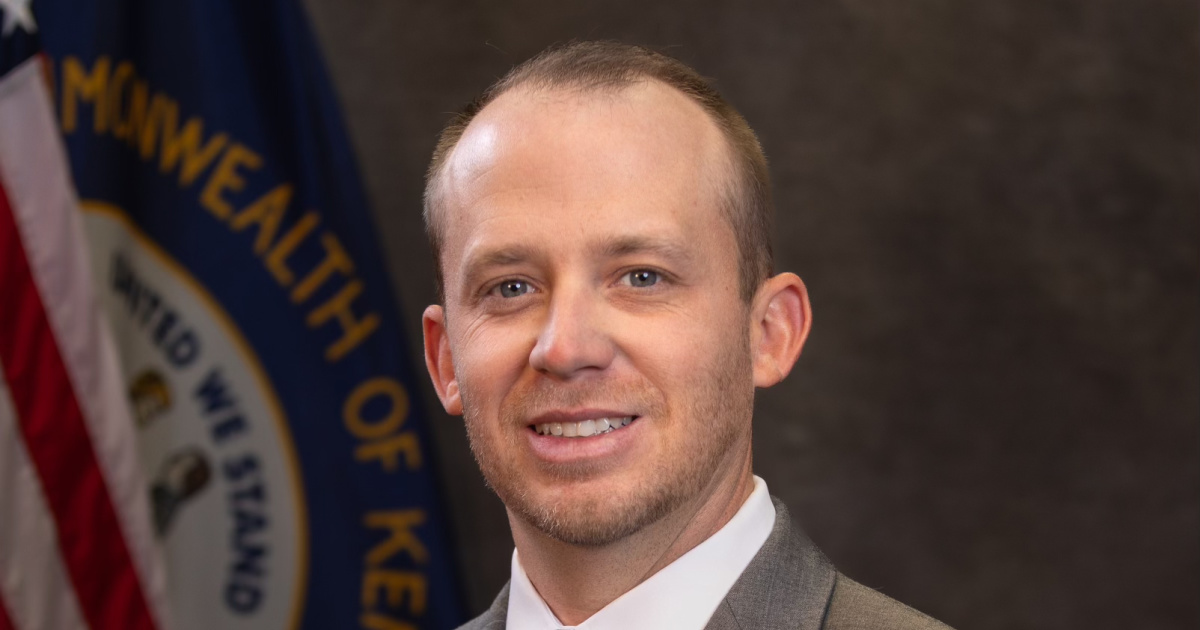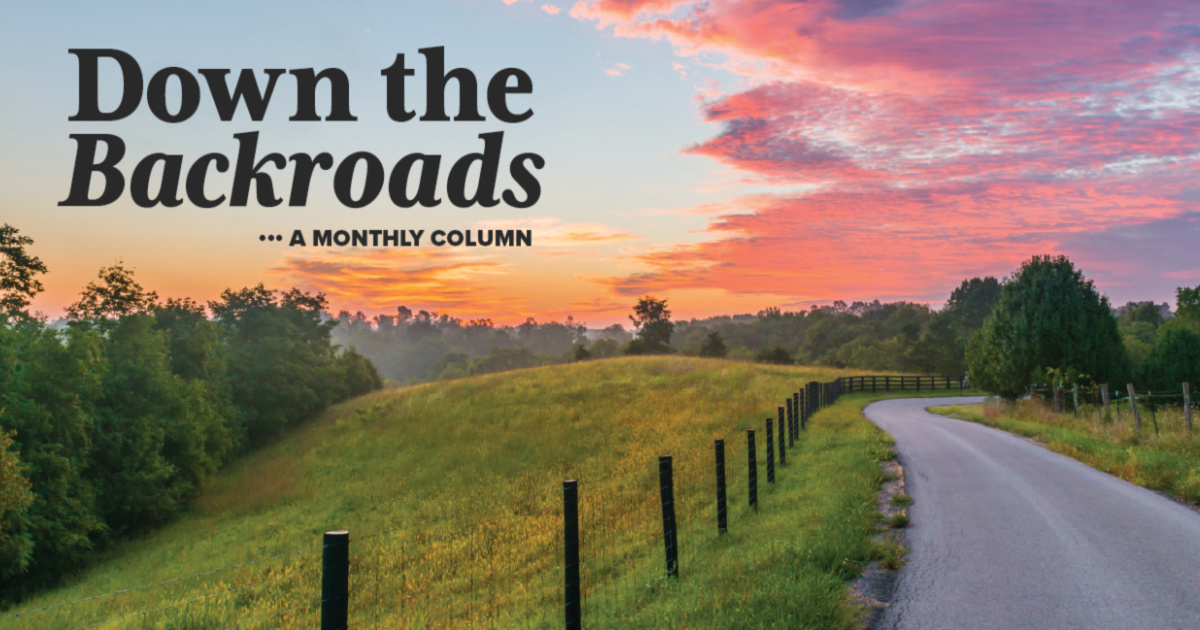President's Column | Supporting Agriculture, Shaping its Future
Over the last 25 years, Kentucky agriculture has gone through an extraordinary transformation moving from a tobacco-dominant ag economy into one of the most diversified ag industries in the country.



